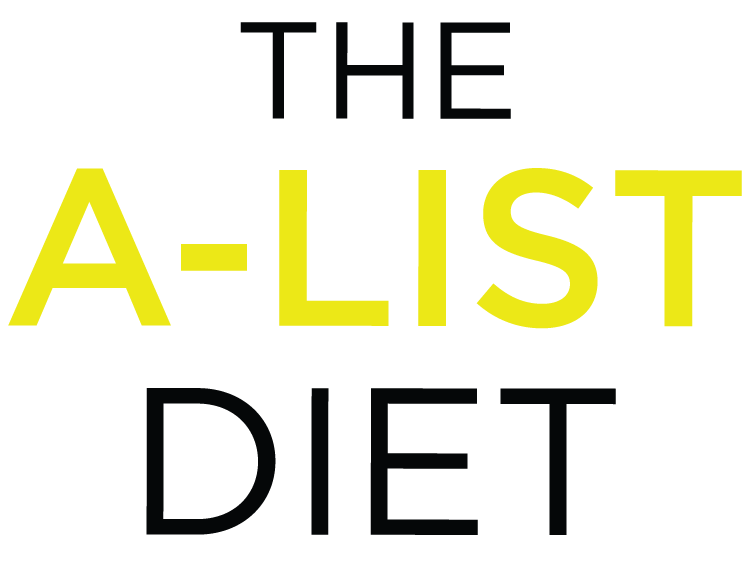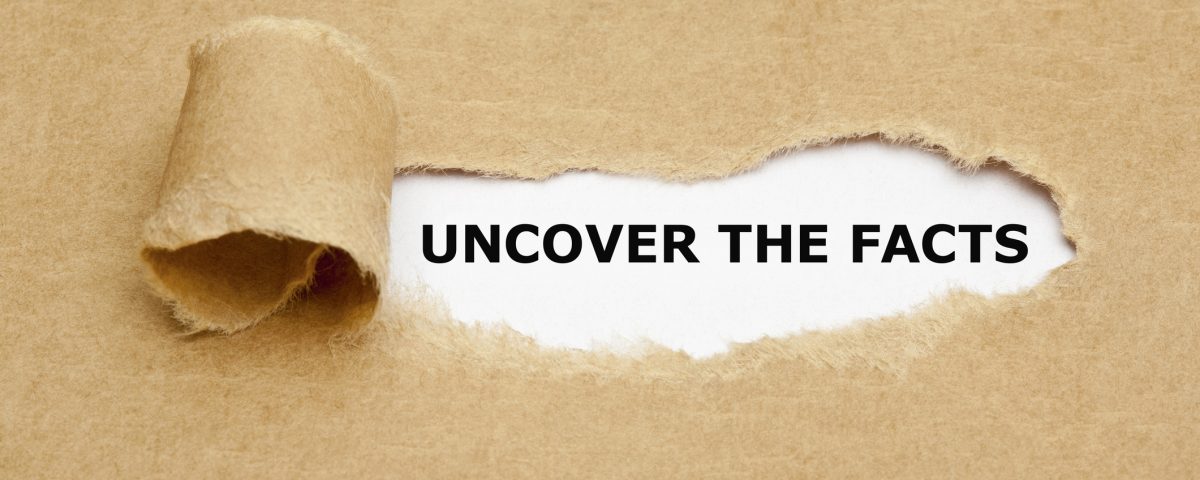Welcome to part two of my four-part series, “Weight loss myth busters.” Today I’m going to continue exposing the truth behind popular beliefs when it comes to weight loss. The more knowledge in your arsenal, the more successful you’ll be in the battle against obesity.
Let’s get to it, shall we?
1) Eating too close to bedtime causes weight gain.
You may have heard the common myth is that you shouldn’t eat after 7 P.M.
Night shift workers may have been behind this myth since there’s a much higher obesity rate among this group than among people who work standard 9-5 jobs. But the reality is, irregular sleep patterns and poor food choices — not late-night eating itself — are most likely the underlying factors here.
Although research in this area isn’t extensive, a few key studies show that there’s no harm in evening eating.
For instance, in one study out of Tokyo, 11 healthy women were randomized to eat a snack either at 10 AM or 11 PM for 13 days. No differences were seen in weight, total energy expenditure, or total energy intake.
The A-List Verdict: It’s not when you eat, but what you eat. The typical American lifestyle is a busy one — some days, it’s virtually impossible for me to make dinner until after 7 PM. So the key here is to eat healthy, in a way that fits your schedule.
And if you’d like to have a late-night snack, reach for a handful of nuts, berries, kale chips, or dark cocoa nibs — not a pint of ice cream.
2) If you lose weight quickly, you’re more likely to regain even more. Losing weight slowly over time is better.
This myth likely originated as an adverse effect from very low calorie diets (VLCD), which were massively commercialized in the 1960s. These programs popularized the notion that if you drastically reduced your calories, you’ll lose weight fast. The problem is, this approach literally starves the body of essential nutrients it needs. So it simply isn’t sustainable for the long term. And when people ate normally again and tried to replenish the nutrients the body had been craving for so long, they ate a lot. Hence the extreme weight gains post rapid weight loss.
A comprehensive review of data from the National Health and Nutrition Examination Survey (NHANES) found that people who lost weight rapidly actually had better results when it came to maintaining that loss. Researchers reported that out of 1,300 adults who had lost 10 percent of more of their body weight over a year’s time, 59 percent maintained the weight loss — and 7 percent lost even more weight the following year. Those who lost even more (nearly 20 percent of their total body weight) over the same time frame, also had better long-term outcomes.
The A-List verdict: It’s not so much how long it takes to you lose weight…it’s what you do once you lose it. Whether it takes you two weeks or two years to shed those excess pounds, the key to keeping weight off is to continually fuel your metabolism.
Protein boosting with amino acids is the best way to rev up your metabolism. I made this discovery after working with thousands of patients, and it’s the premise behind The A-List Diet. Not to mention, this is also why I developed my A.M. Jump-Start and P.M. Reboot Protein Boost Shots and the A-List Amino Booster Mix. They are specially formulated to give your body the essential amino acids and proteins you need to rev up your metabolism, spark weight loss, and help you keep the pounds off once you shed them.
A-Lister’s Corner
It’s so rewarding to hear from folks who’ve found success with The A-List Diet. Lisa G. recently posted this to our Facebook page:
“I’ve followed your diet for almost 6 months, lost almost 35 lbs, and feel better. But I still have allergies and want to know what you recommend?”
Lisa, that’s some amazing progress you’ve made — congrats! As for your allergies, I recommend natural supplementation over drugs any day. Here are a few of my go-to’s during allergy season:
- Omega-3 fatty acids are Nature’s best anti-inflammatories. These healthy fats are essential for healthy living and a key component in The A-List Diet (you can read more in Chapter 7). And omega-3s help combat allergies too. Food sources include cold-water fish, walnuts, flaxseed, and chia seeds (see the “Recipes of the Week” below), to name a few.
But the best source of omega-3’s is fish oil. A product with a 3:2 ratio of EPA to DHA is ideal, especially for allergy relief. I recommend 3,000 mg per day.
- Vitamin D plays a huge role in easing allergy-related sinus inflammation. I recommend at least 5,000 IU per day, but you can safely take up to 10,000 IU per day. (In fact, that’s how much I take.)
- Probiotics help to balance your microbiome. Healthy gut flora is one of the keys to a healthy immune system. And a healthy immune system can combat allergens without “overreacting” (i.e. setting off an allergy attack).
I recommend Dr. Ohhira’s. It contains twelve strains of living bacteria. Take one capsule, twice a day.
Best of luck in combatting your allergies… just focus on lowering your inflammation with supplementation, along with a healthy A-List approved diet. Keep up the good work!
Recipe of the Week
Chia Seed Meatballs (p. 235 of The A-List Diet)
Ingredients:
- 8 ounces ground beef
- 1 large egg
- ½ cup grated Parmesan cheese
- 1 garlic clove, minced
- 1 teaspoon dried Italian herbs
- 1 teaspoon coarse sea salt
- ½ teaspoon freshly ground black pepper
- 1 tablespoon chia seeds
- 2 teaspoons avocado oil
Directions:
- Combine all the ingredients except the oil in a large bowl and mix well. Let rest for 10 minutes.
- Heat the oil in a small skillet over medium heat. Shape the meat mixture into four balls. Add to the skillet and cook until brown on all sides, about 4 to 6 minutes. Serve.
Source:
https://www.ncbi.nlm.nih.gov/pmc/articles/PMC4272668/
http://time.com/4793832/the-weight-loss-trap/

